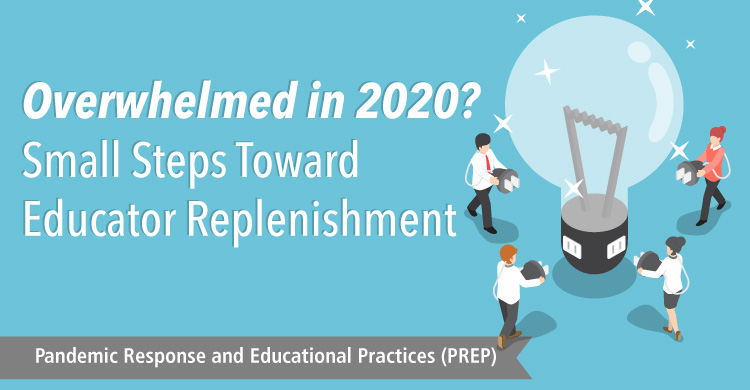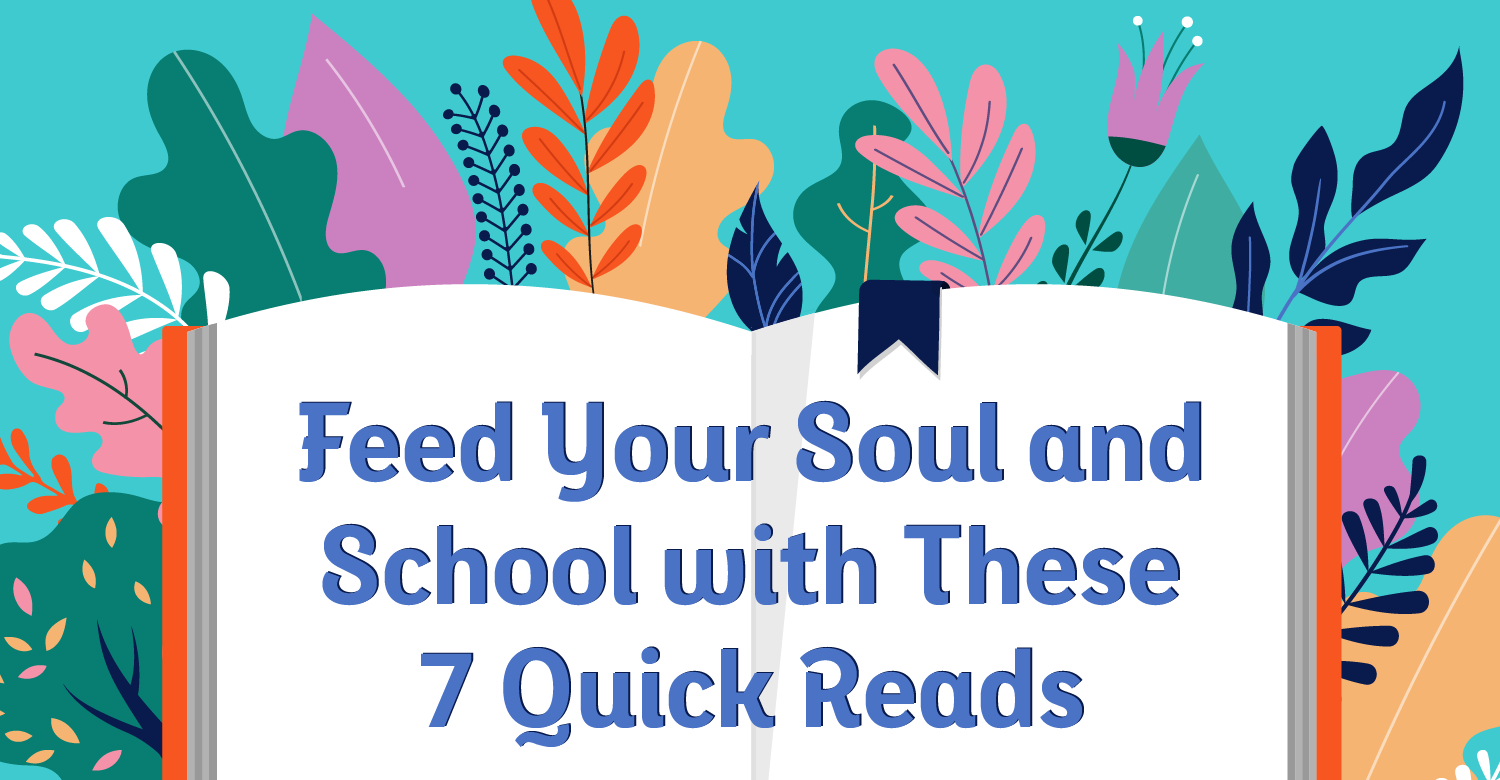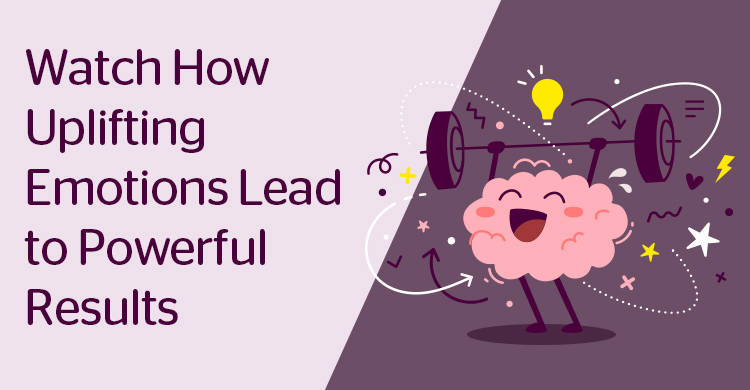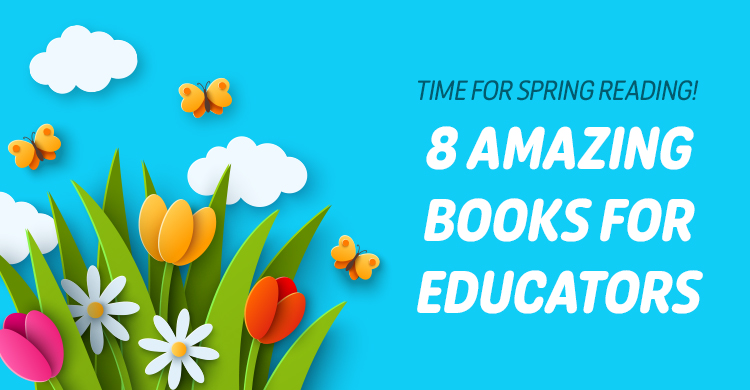This entry is the 16th in a blog series called Pandemic Response and Educational Practices (PREP), which aims to highlight and further the important work educators are doing amid the worldwide COVID-19 crisis.
It’s no surprise that the COVID-19 pandemic has left educators feeling more stressed than ever. According to a recent study (Blintiff et al., 2020), teacher wellness has decreased—and overall stress has increased dramatically—throughout the pandemic.
Educators are worried about the well-being of their students, they are experiencing stress as they scramble to meet the needs of their students online and face-to-face, and they are navigating the ever-changing safety protocols—as well as balancing work-life demands.
Stress is the most cited reason for choosing to leave teaching (i.e., “burning out”). In a recent survey from the American Federation of Teachers, 61 percent of educators say that their work is always or often stressful, and more than 50 percent say that they don’t have the same enthusiasm as when they started teaching (2017). Consistent stress can lead to burnout. As workplace stress and burnout expert Dr. Christina Maslach explains, burnout is a “psychological syndrome emerging as a prolonged response to chronic interpersonal stressors on the job, and causes exhaustion, cynicism, detachment, ineffectiveness, and lack of motivation” (Maslach and Leiter, 2016).
Many of us are just holding on, and few of us could really say we’re thriving in this environment. Many of us are on the road to burnout. Nevertheless, there are small ways that we can create the necessary space for mindful awareness, self-compassion, and our own emotional and physical needs.
Reflecting on Our Emotions
Reflecting on our emotions enables us to take stock of our current internal state, which helps us determine what we need and where to go next on our wellness journey. The reality is that it is impossible to feel happy all the time. Emotions can be messy and difficult to understand, but one of the most important aspects of knowing ourselves is getting familiar with all our emotions, whether we like them or not. As Dr. Daniel Siegal (2010) said, when it comes to challenging emotions, you have to “name them to tame them.”
Reflect on Your Feelings
Take some time to name your feelings every day, even multiple times per day. You can set your alarm three times a day to develop a thoughtful reflective practice. If it feels foreign to check in so frequently, ask yourself the following questions and write your responses in a journal.
- What emotions am I feeling right now?
- Where do I feel it in my body?
- What do I need right now?
Self-Compassion Response
According to Dr. Kristin Neff (2011), a leading educator and researcher in the field of self-compassion, self-compassion means that “you realize that suffering, failure, and imperfection is part of the shared human experience.”
Self-compassion has three main components. First, self-compassion begins with a strong mindfulness practice to be able to identify and take note of our own internal state, especially in suffering and stress. Next, self-compassion enables us to show non-judgment and unconditional kindness to ourselves. Finally, self-compassion practice enables us to identify with our common humanity when we are in the hardest moments in our lives, instead of turning inward and isolating ourselves from humanity.
Part of our journey navigating through and being resilient in the stress of the pandemic will relate to our ability to alter the trajectory of our lives, to work through our uncomfortable emotions, and to hold compassionate space for ourselves during this time. Our 2019 goals needed to be reassessed in 2020. As the demands in our work lives increase, perhaps this is a time when we need to work harder to attend to our own needs and take care of ourselves.
The Self-Care Action List
As an educator, it can be easy to feel overwhelmed by all the things you need to do for others (lighting up for your students as they walk in the door, planning, prepping, writing report cards, attending countless faculty meetings, engaging in meaningful professional development, keeping up on assessments, connecting with colleagues, coaching, running lunchtime clubs, spending your own money on classroom supplies, making dinner, and driving your own children to soccer practice).
Take some time to create your very own self-care action list, as a step toward being compassionate toward yourself in this challenging time.
- Reflect on some of the things you like to do that make you feel replenished, more aligned with where you want to go, or that enable you to gain the much-needed self-reflection time you need to recharge.
- Begin with a journal and a pen. It might be helpful to think of different categories: individual reflection, connection with others, health and fitness, creative, and goal-oriented self-care. Write everything down that comes to mind.
- When you’re feeling low or overwhelmed, go through your list and select tasks that stand out for you.
- Reflect on your mood after you’ve done one of the activities you’ve listed. You can even journal about it. You may have favorites that stand out for you and become part of your daily feel good routine.
When you are starting to feel a little burnt out, all you’ll have to do is ask yourself, “What do I need right now?” and select from the list.
References:
Bintliff, A., Holtzman, C., Barron-Borden, B., Ko, E. A., Thong, V., Ardell, K. (2020). “It impacted me profoundly”: Causes of decreased teacher well-being during the initial shifts to virtual teaching during the COVID-19 pandemic. Manuscript in preparation.
Maslach, Christina, and Michael P. Leiter. “Understanding the Burnout Experience: Recent Research and Its Implications for Psychiatry.” World Psychiatry, vol. 15, no. 2, 2016, pp. 103–111., doi:10.1002/wps.20311.
Neff, K. (2011). Self-Compassion: The Proven Power of Being Kind to Yourself. New York: William Morrow.
Morgane Michael has been a teacher for more than 12 years and is the founder of the Small Act Big Impact 21-Day Kindness Challenge. Through professional development workshops and within her Grade 1 classroom in the Greater Victoria School District, she teaches kids, parents, and educators how to harness the mobilizing power of kindness to make a big impact on the world, one small act at a time. Watch for Morgane’s forthcoming Solution Tree book in support of educator wellness due January 2022.






